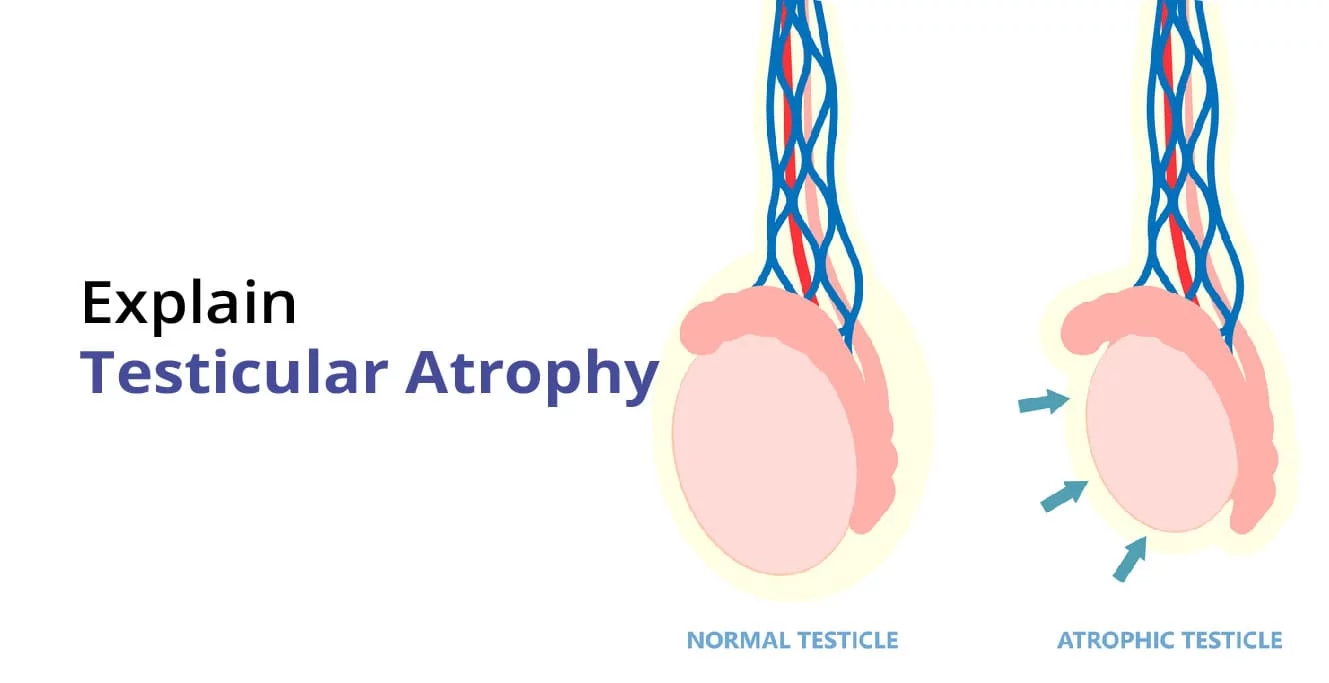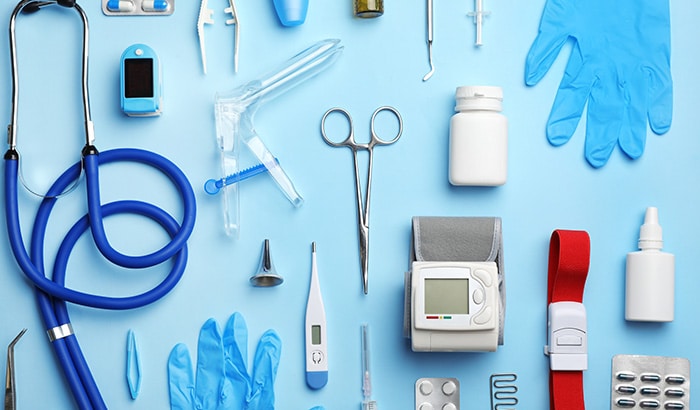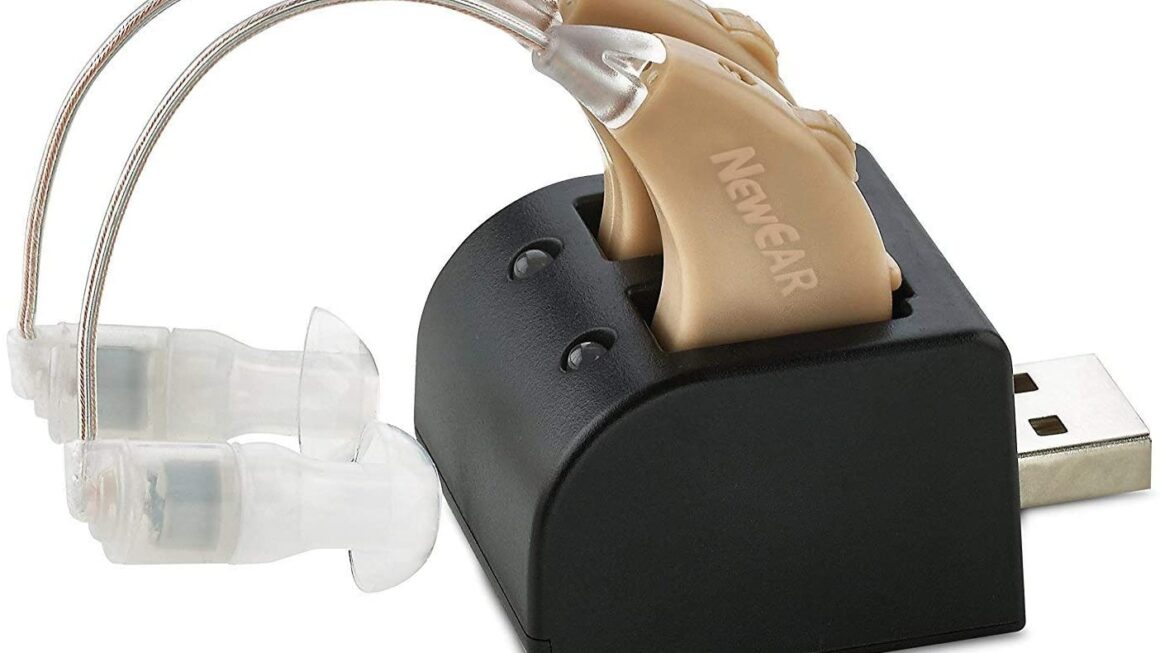Introduction
Testicular atrophy is a condition characterized by the shrinking of the testicles, leading to reduced function and testosterone production. It can be caused by various factors, including hormonal imbalances, testicular trauma, infections, certain medications, and underlying medical conditions. While medical intervention may be necessary in some cases, there are natural remedies that can help support testicular health and potentially alleviate symptoms of atrophy. In this article, we will explore some effective natural remedies for testicular atrophy.
Understanding Testicular Atrophy
Testicular atrophy refers to the shrinking of the testicles, which can result in decreased testosterone production and fertility issues. The testicles play a vital role in producing testosterone, the primary male sex hormone responsible for maintaining various aspects of male health, including muscle mass, bone density, libido, and sperm production. When the testicles shrink, it can lead to a decline in testosterone levels, causing a range of symptoms such as reduced sex drive, fatigue, muscle loss, and mood changes.
Causes and Symptoms
Testicular atrophy can be caused by several factors, including:
- Hormonal imbalances
- Testicular trauma
- Infections, such as orchitis or epididymitis
- Certain medications, like anabolic steroids or testosterone replacement therapy
- Underlying medical conditions, such as hypogonadism or cirrhosis
The symptoms of testicular atrophy may vary from person to person but can include:
- Shrinking of the testicles
- Reduced testicular volume
- Low libido
- Erectile dysfunction
- Fatigue
- Muscle loss
- Mood swings
Natural Remedies for Testicular Atrophy
- Healthy Lifestyle Choices
Maintaining a healthy lifestyle is crucial for testicular health. Avoid smoking, excessive alcohol consumption, and illicit drug use, as these habits can negatively impact testosterone production and overall testicular function. Opt for a balanced diet, regular exercise, and adequate sleep to support your overall well-being.
- Balanced Diet
Include nutrient-rich foods in your diet that are beneficial for testicular health. Focus on consuming foods high in antioxidants, vitamins C and E, zinc, selenium, and omega-3 fatty acids. Some examples include berries, citrus fruits, nuts, seeds, leafy greens, fish, and lean meats.
- Regular Exercise
Engaging in regular physical activity has been shown to enhance testosterone production and promote testicular health. Incorporate both cardiovascular exercises and strength training into your routine to reap the benefits.
- Herbal Supplements
Certain herbs and supplements have been traditionally used to support testicular health. Examples include Tribulus terrestris, maca root, ashwagandha, ginseng, and fenugreek. However, it’s important to consult a healthcare professional before starting any herbal supplement to ensure safety and appropriate dosage.
- Stress Management
Chronic stress can negatively impact testosterone production. Explore stress management techniques such as meditation, deep breathing exercises, yoga, and engaging in hobbies or activities that help you relax.
- Avoiding Toxins and Harmful Substances
Avoid exposure to toxins and harmful substances that can affect testicular health. Limit your exposure to pesticides, chemicals, and heavy metals. Choose organic produce whenever possible and use natural, non-toxic household products.
- Hormonal Balance
Maintaining hormonal balance is crucial for testicular health. Seek professional guidance if you suspect a hormonal imbalance, as it may require medical intervention or hormone replacement therapy.
- Adequate Sleep
Adequate sleep is essential for overall health, including testicular function. Aim for 7-9 hours of quality sleep each night to support hormone production and recovery.
- Testicular Massage
Gentle testicular massage can improve blood circulation and help stimulate the testicles. Consult a healthcare professional or a licensed therapist to learn proper techniques.
- Acupuncture
Acupuncture is an ancient practice that can help restore energy flow and balance within the body. It may support testicular health by addressing underlying imbalances or blockages. Seek a qualified acupuncturist for personalized treatment.
- Cold Showers
Taking cold showers or alternating between hot and cold water can stimulate blood circulation and potentially benefit testicular health. Start with warm water and gradually lower the temperature for a few minutes.
- Yoga and Meditation
Engaging in yoga and meditation practices can help reduce stress, improve hormonal balance, and promote overall well-being. Consider joining a yoga class or following guided meditation sessions.
- Avoiding Excessive Heat
Prolonged exposure to excessive heat, such as saunas or hot tubs, can adversely affect testicular health. Limit your time in high-temperature environments to protect your testicles.
- Nutritional Support
In addition to a balanced diet, certain nutritional supplements may support testicular health. Consult a healthcare professional for guidance on supplements such as vitamin D, zinc, magnesium, and coenzyme Q10.
- Regular Check-ups and Medical Consultations
Regular check-ups with a healthcare professional are essential to monitor your testicular health. If you notice any changes in testicular size, shape, or function, seek medical advice promptly for proper evaluation and guidance.
Conclusion
Testicular atrophy can have a significant impact on a man’s physical and emotional well-being. While medical intervention may be necessary in severe cases, incorporating natural remedies and adopting a healthy lifestyle can potentially support testicular health and alleviate symptoms. By making positive changes in diet, exercise, stress management, and incorporating natural remedies, men can take an active role in improving their testicular function and overall quality of life.
FAQs (Frequently Asked Questions)
6.1 Can testicular atrophy be reversed naturally?
While natural remedies and lifestyle changes can potentially improve symptoms and support testicular health, the extent to which testicular atrophy can be reversed naturally varies from person to person. It is important to consult a healthcare professional for an accurate diagnosis and appropriate treatment options.
6.2 Are there any specific foods that can help improve testicular health?
Yes, certain foods can support testicular health. These include berries, citrus fruits, nuts, seeds, leafy greens, fish, and lean meats. Incorporating a variety of nutrient-rich foods into your diet can provide essential vitamins, minerals, and antioxidants that promote testicular health.
6.3 Is it necessary to consult a healthcare professional for testicular atrophy?
Yes, it is crucial to consult a healthcare professional if you suspect testicular atrophy or experience symptoms such as testicular shrinkage, reduced libido, or fatigue. A healthcare professional can provide an accurate diagnosis, rule out any underlying conditions, and recommend appropriate treatment options.
6.4 Can stress contribute to testicular atrophy?
Chronic stress can negatively impact testosterone production and overall testicular health. Stress management techniques such as meditation, deep breathing exercises, and engaging in relaxing activities can help reduce stress levels and potentially benefit testicular health.
6.5 How long does it take to see improvements with natural remedies for testicular atrophy?
The time it takes to see improvements with natural remedies for testicular atrophy can vary depending on individual circumstances, the severity of the condition, and the effectiveness of the chosen remedies. Consistency and patience are key. It is advisable to follow a holistic approach, including lifestyle changes and natural remedies while keeping regular communication with a healthcare professional to monitor progress.












